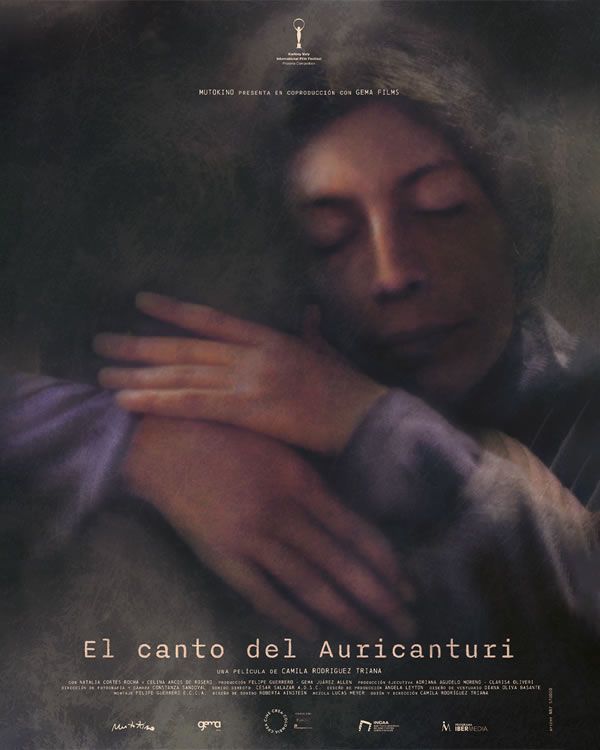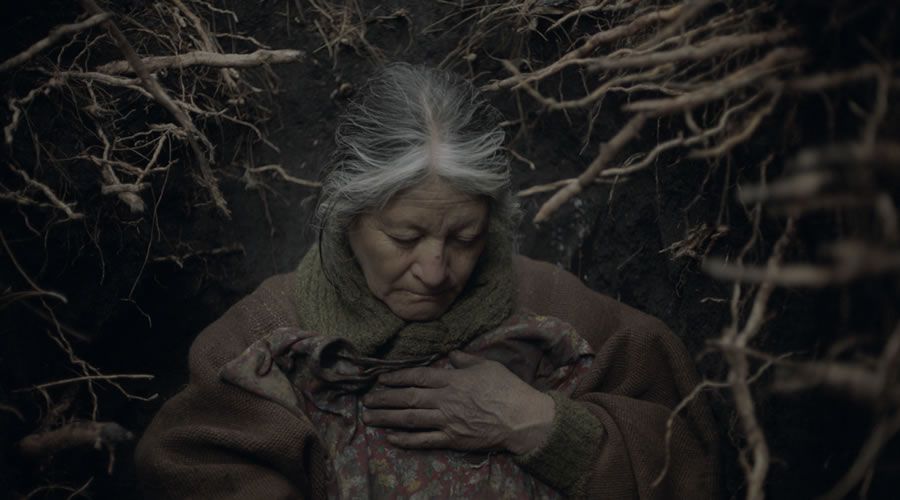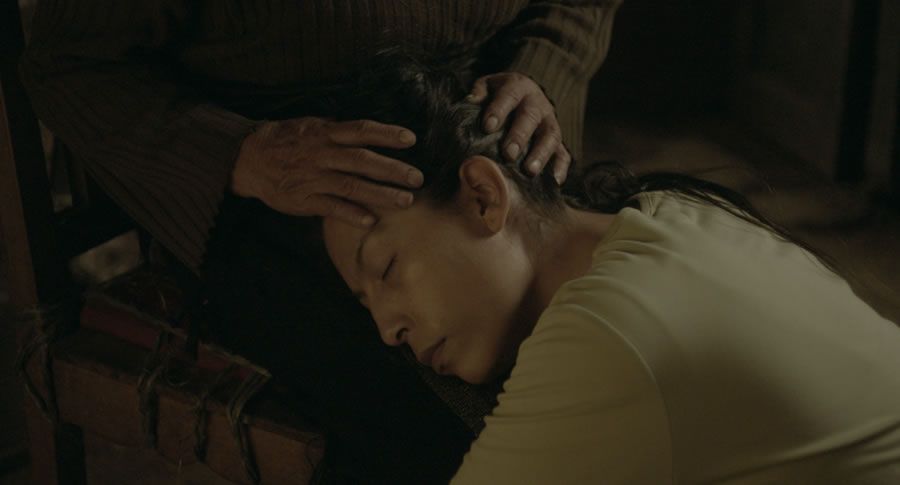09/12/2023
Review of 'El Canto del Auricanturi': The Unbreakable Bond Between Mother and Daughter
By Sandra M Ríos U
Twitter: @sandritamrios
"Be careful because the Coco comes out and takes you away."
Guatemalan director Jayro Bustamante revisited the popular Latin American folklore myth of La Llorona in his film "La Llorona" (2019), giving it a twist by blending the horror of this legend with a political narrative about the Maya genocide that occurred in the 1980s. He also added a human touch by depicting how those seeking justice process their grief.
Costa Rican filmmaker Ariel Escalante discussed land dispossession in "Domingo y la niebla" (2022), a social drama that blends fantasy and mystery in an atmospheric film. In addition to politics, it also addresses personal dramas related to aging, loneliness, and grief.
The feature film by Colombian director Camila Rodríguez Triana, "El canto del Auricanturi," aligns with the aforementioned works in its political undertones. It delves from social drama into human drama, with its characters grappling with the traumas left by violence as they attempt to process their grief and heal their pain.

Rodríguez Triana's story revolves around two women, Alba and Rocío, mother and daughter. Rocío has decided to return to her small, gloomy hometown to reunite with her mother, whom she hasn't seen since she was a child. She is determined to confront her fears and return to the terror and unease that a town governed by dark forces, stuck in the past, and steeped in entrenched machismo brings. Rocío aims to tell her mother that she is pregnant, but Alba, a consequence of the war, has been silent for a long time. Rocío will seek a way to reconnect with her.

Austere, atmospheric, featuring stunning cinematography and rich in symbolism, the story patiently follows the meeting of two wounded women. Their subtle approaches gradually revive the unbreakable bond of love between a mother and a daughter, filled with silences and a lack of words, meaningful details, small gestures, gazes, and caresses - all made clear by the camera. This demonstrates that primal and vital affection, while the noise comes from outside, from the dangers of the street, from the "Coco," and from Mother Earth, who, like a volcano, is spewing forth the horror that the violent ones have buried within her. Various objects emerge without explanation.
This director weaves a cathartic, rooted story where, despite the dense, tense, and ghostly atmosphere, this relationship prevails, touching and moving, probably due to the strength that comes from the desire to rebuild in the face of motherhood, the arrival of a new life that deserves to flourish. One then understands that, in reality, Alba and Rocío were never so distant, and their connection remained intact, just like the memory Rocío held of her mother: her voice recorded on a cassette singing a song in a language they had invented to communicate.

"El canto del Auricanturi" is the best Colombian film I have seen this year. By the way, the very restrained performance of Natalia Cortés Rocha (Rocío) deserves special mention.
Technical Information:
- Director: Camila Rodríguez Triana
- Screenplay: Camila Rodríguez Triana
- Genre: Drama
- Duration: 100 minutes
- Producers: Felipe Guerrero, Gema Juárez Allen, Adriana Agudelo, Clarisa Oliveri
- Cast: Natalia Cortés Rocha, Celina Arcos de Rosero
- Cinematography: Constanza Sandoval
- Editing: Felipe Guerrero
- Country: Colombia, Argentina
- Year: 2023
<< Go to Spanish version
